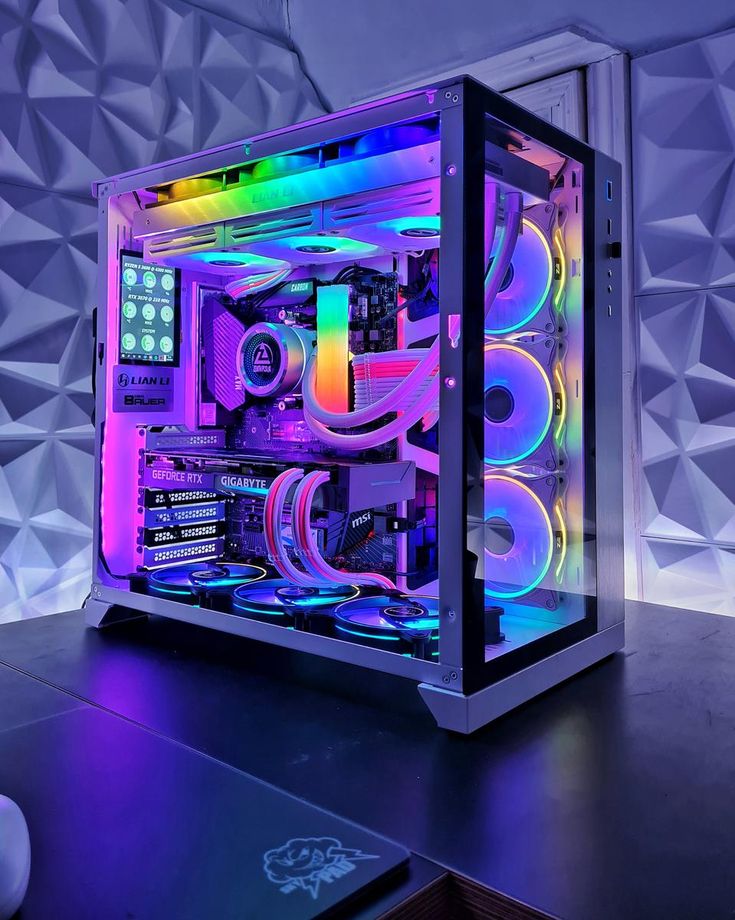In the fast-paced world of gaming, a powerful CPU (Central Processing Unit) is the heart of any gaming setup. While the GPU (Graphics Processing Unit) often steals the spotlight, the CPU plays an equally critical role in ensuring smooth gameplay, reducing bottlenecks, and enhancing overall performance. Whether you’re building your first rig or upgrading your current setup, understanding the nuances of gaming CPUs is essential. Let’s dive into what makes a CPU great for gaming and how to choose the right one for your needs.
What Makes a CPU Good for Gaming?
- Core Count and Threads
- Modern games are designed to take advantage of multiple cores and threads, but not all games are optimized for high core counts. For gaming, a CPU with 6 to 8 cores and 12 to 16 threads is typically sufficient. CPUs with higher core counts are better suited for multitasking, such as streaming or video editing while gaming.
- Clock Speed
- Measured in GHz, clock speed determines how quickly a CPU can process instructions. For gaming, high single-threaded performance is crucial, making CPUs with higher clock speeds (e.g., 4.0 GHz or more) a better choice.
- Cache Memory
- Cache memory stores frequently accessed data for faster processing. While not as critical as core count or clock speed, a larger cache can slightly improve gaming performance by reducing latency.
- Power Efficiency
- Efficient CPUs with a lower Thermal Design Power (TDP) generate less heat, which is particularly important for compact builds or air-cooled systems.
- Compatibility with GPUs
- A balanced setup where the CPU matches the GPU’s performance level prevents bottlenecking, ensuring neither component limits the other’s potential.
- Things to Consider When Buying a Gaming CPU
- Platform and Socket Compatibility
- Ensure the CPU is compatible with your motherboard. For example, Intel CPUs typically use LGA sockets (e.g., LGA1700 for 12th to 14th Gen), while AMD Ryzen CPUs use AM5 sockets for their latest generation.
- Overclocking Potential
- If you enjoy tweaking performance, look for unlocked CPUs like Intel’s “K” models or AMD’s Ryzen series, which allow overclocking.
- Cooling Solutions
- High-performance CPUs generate more heat, requiring robust cooling solutions. Check whether your CPU comes with a cooler or if you need to invest in an aftermarket solution

